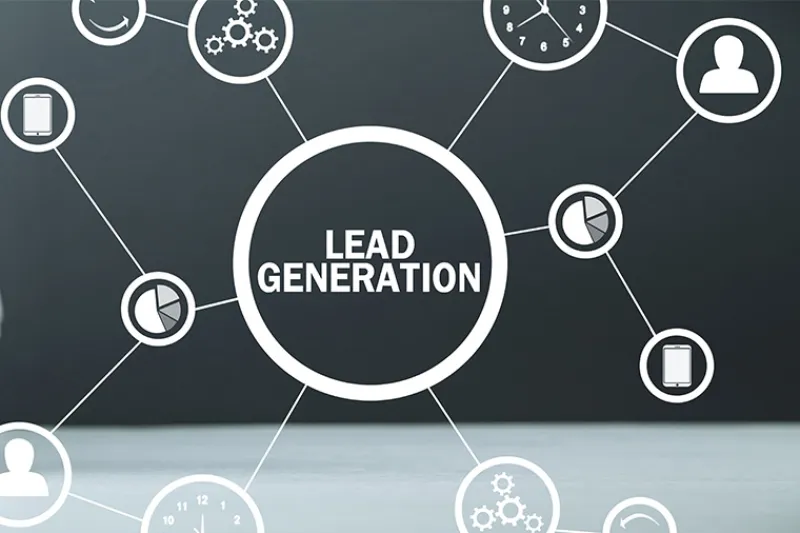Generating quality leads is essential to nurturing a healthy pipeline and driving business growth. A well-designed lead generation campaign can make the difference between stagnating and thriving in any industry. It's not just about attracting random interested parties, but creating valuable connections that can eventually grow into loyal customers. But what exactly is a lead generation campaign and why is it so crucial to your success? In this article, we dive deeper into what a lead generation campaign is, why it's important, how to set it up and how to achieve success with tools like Ternair.
What is a Lead Generation Campaign?
A lead generation campaign is a strategic marketing approach aimed at identifying potential customers (leads) and converting them into actual customers. This process begins with attracting interested parties through various marketing channels, such as social media, email marketing, search engine optimization (SEO), and paid advertising. The ultimate goal is to collect contact information from these interested parties, such as email addresses or phone numbers, so you can further engage and nurture them toward a purchase decision.
"Companies using marketing automation for lead generation and nurturing see an average 10% increase in sales within 6-9 months of implementation."
Note: Sending commercial emails requires an opt-in. This gives the customer explicit permission to receive emails. You can ask for this permission when creating an account, filling out a form or during the placement of a first order.
Why are Lead Generation Campaigns Important?
Lead generation campaigns are essential because they are the first step in the sales process. Without leads, you have no potential customers and without customers, no sales. Here are some reasons why lead generation campaigns are crucial:
Increased conversion:By sending reminders, companies can recover a significant portion of potential sales that would otherwise be lost.
Constant inflow of leads:A well-designed lead generation campaign ensures a steady influx of interested prospects who can eventually be converted into paying customers.
Targeted marketing campaigns: Lead generation campaigns allow companies to target their marketing efforts to a specific audience that has already expressed interest, significantly increasing the likelihood of conversion.
Cost effectiveness: Instead of wasting time and resources on a broad audience, companies can target those who are actually interested, which lowers marketing costs and increases ROI.
Relationship building: By offering valuable content in exchange for contact information, companies can begin to build relationships with potential customers, leading to increased customer loyalty and satisfaction.
Understanding the market: Lead generation campaigns provide valuable data and insights about potential customers' preferences and behaviors, which helps companies better align their products and services with market needs.
"A good email nurture campaign can have open rates of 20% to 30% and click-through rates of 3% to 5%."






